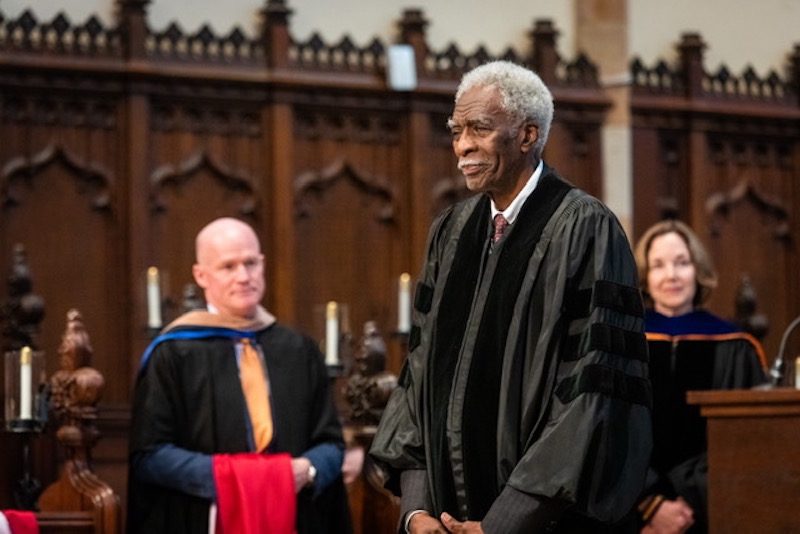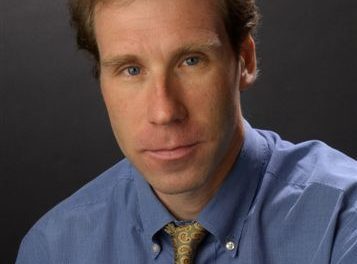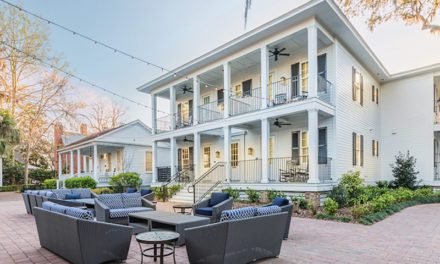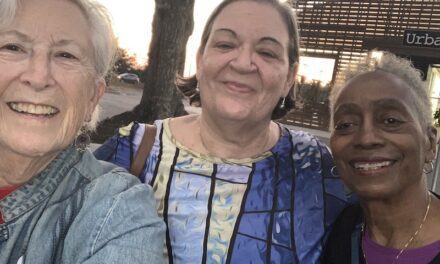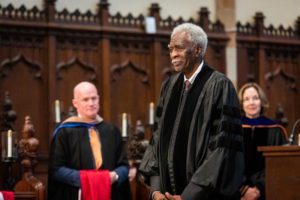
Photo of Emory Campbell by Buck Butler
Emory Campbell, retired Executive Director of Penn Center, received an honorary doctorate from the University of the South on May 14th at a Baccalaureate service at All Saints Chapel in Sewanee, Tennessee.
What follows is the text of the citation read at that ceremony:
There is an old Gullah saying on the South Carolina sea islands that, in modern English admonishes: “Take care of the roots in order to heal the tree.” Over a lifetime of service, Emory Campbell has always taken care of the roots.
Born on Hilton Head Island in the days “before the bridge” brought traffic and tourists, Emory Campbell has traveled far and wide but never really left home. He thought he might be a microbiologist and earned a Master’s degree in environmental engineering in 1970. As he puts it, “I was one of the first Earth Day people.” But as he saw his island home begin to be developed, he realized an urgent need to protect the Gullah cultural heritage, which, through generations of enslavement and isolation, had kept alive distinctive West African traditions and a lilting language not spoken anywhere else.
And so he returned to serve the community that had shaped him, first as a community development activist and then, beginning in 1980, as Executive Director of the Penn Center. Begun in 1862, before Emancipation, the Penn School brought the opportunity for an education for the first time to those who had been enslaved and their descendents. But with this opportunity over time came also an impulse to “get cultured,” as Emory Campbell has put it, and, as a result, though well-intentioned, “my Gullah would produce laughter and questions about my roots.”
In his 22 years at Penn Center, Emory Campbell insisted that the Gullah language and Gullah customs not be sacrificed in the interest of assimilation. This was a challenging task. But his leadership made connections – built new bridges – both between the islands and the mainland and between the African heritage and the demands of modern life. He organized reciprocal visits between the sea islanders and Sierra Leone, from which so many of their ancestors had come. He planned annual “Heritage Days,” exposing Gullah traditions to the broader community. He collaborated in a translation of the New Testament into Gullah.
“The foods we ate, the songs we sang, the spirits we embraced, the noble families in which we were loved, and the language we spoke,” he wrote, were eminently worthy of study and preservation. And this became his life’s work. He received the Carter G. Woodson Award in 2005 for these efforts, and, in 2008, he became Chairman of the Gullah-Geechee Cultural Heritage Corridor, which stretches from Wilmington, North Carolina, to Jacksonville, Florida. He has spoken and written extensively about Gullah history and culture.
Soft-spoken, respected, beloved, this is a man of both physical and reputational stature. In recognition of Emory Shaw Campbell’s lifelong commitment to articulating, preserving, and sharing the riches of a unique natural and cultural environment, the University of the South is honored to confer upon him the degree of Doctor of Civil Law, honoris causa.

